Ravi Menon: Expect even more changes as new economic structure emerges
In the third of Lianhe Zaobao's Future 365 interview series, Lianhe Zaobao business editor Shen Yue speaks to former Monetary Authority of Singapore chief Ravi Menon, who gives his views on how the global economy will change over the next decade, and how mindsets should shift accordingly.
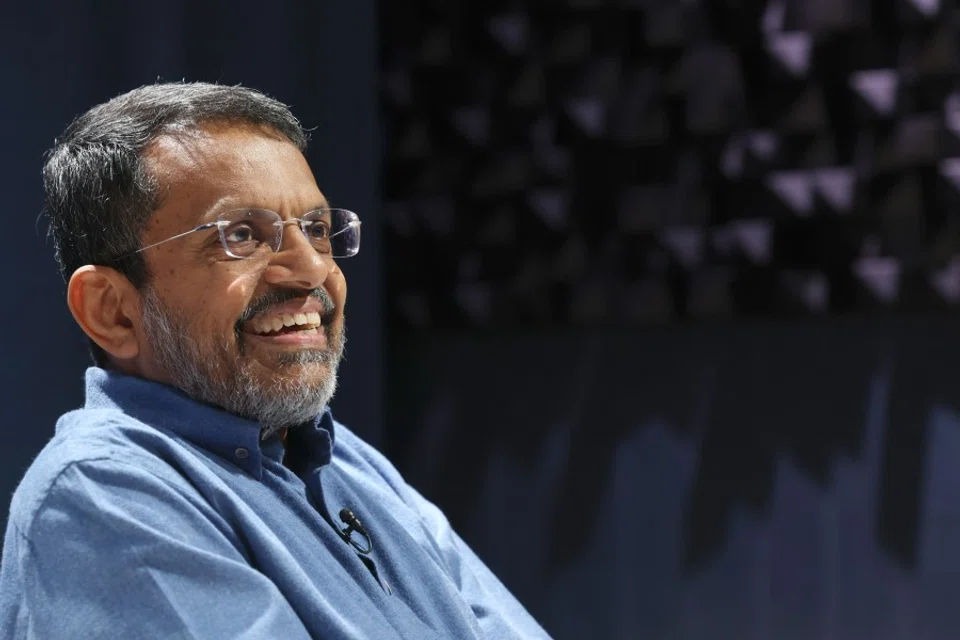
In the past year, fundamental changes have occurred in the global economy. Soaring inflation forced many central banks to tighten monetary policies. Prior to this, the Covid-19 pandemic triggered government spending on a scale that caused public debts to rise palpably worldwide, worsening the fiscal pressure in many countries and regions. The China-US rivalry, together with the decoupling of global supply chains, created further challenges that destabilised financial markets and increased the likelihood of regional recessions.
The complexity and capriciousness of the global economy have made things more difficult for policy makers everywhere as they juggle the three challenges of maintaining stability, promoting growth, and getting ready for the new technological wave.
In Lianhe Zaobao's Future 365 series, we invite experts and scholars from various fields to talk about possible shifts in the coming year, and take us through forecasted trends in the next five to ten years.
In the third instalment of the series, we interviewed Ravi Menon, who retired as the managing director of the Monetary Authority of Singapore (MAS) on 1 January 2024, calling time on his 36 years in the public sector.
Goldilocks and The Three Bears
Ravi Menon joined MAS in 1987, and stayed for the next 29 years, becoming its longest-serving managing director after being promoted to the role in 2011. In 2018, he was named "Best Central Bank Governor in Asia-Pacific" by The Banker, a publication of the Financial Times Group.
In early 2018, Menon described the world economy as the "Goldilocks economy", which was growing appropriately, neither too hot nor too cold. In the Grimm Brothers' fairy tale Goldilocks and the Three Bears, Goldilocks enters the home of three bears, where she finds three bowls of porridge on their dining table; she passes over the bowls that are too hot and too cold and finishes the bowl that is "just right", before falling asleep.
"I think one big change is that the era of cheap money and low-interest rates is probably over the next ten years." - Ravi Menon, former Managing Director, MAS
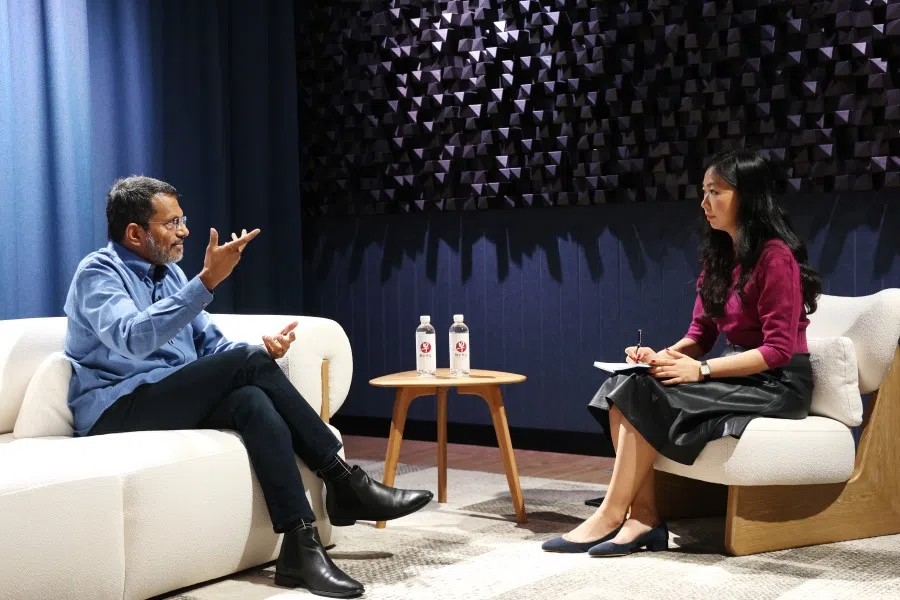
At the time, Menon warned that just like in the fairy tale, there were signs of the three bears - Papa (inflation), Mama (protectionism), and Baby (financial instability) - emerging in the global economy, which could spoil Goldilocks' happy dreams and disrupt the economic balance any time.
Six years on, Menon's "three bears" have appeared, but will more characters enter the fray?
End of the era of cheap money
The story begins with Papa Bear - inflation.
Following a wave of global inflation, the tightening of monetary policies around the world will ease off within the next year or two. As inflation goes into hibernation, interest rates will fall from current highs.
Menon said, "Once inflation comes down, interest rates will start coming down but they are not going back to the old levels. So rates will remain higher than before. And that's a new adjustment that the global economy needs to make."
Observing based on ten-year blocks, Menon pointed out that the past decade has been extremely unusual, with very low inflation and loose monetary policies, leading to extremely low interest rates and plenty of liquidity.
"I think one big change is that the era of cheap money and low-interest rates is probably over the next ten years."
Global shift towards higher taxation
However, when that time comes, debt relative to GDP or other measures will remain too high around the world.
On the one hand, it is easy to borrow money when monetary policies are loose, and many governments, companies, and households would borrow more and more. On the other hand, many governments also spent a lot of money during the pandemic and racked up a lot of debt.
Menon said: "Now, they're having to reduce expenditures, or at least not let expenditures grow too fast. And they also have to seek new revenue sources. So I would not be surprised if there is a shift globally towards higher taxation to make up for lost revenues, to restore public finances to a more sustainable pathway."
Global developments on enhanced taxation include the Base Erosion and Profit Shifting 2.0 (BEPS 2.0) framework, which makes it mandatory for multinational companies to be subjected to an effective global minimum corporate tax rate of 15%. This is to prevent such companies from transferring their profits to regions with lower corporate taxes, so that local governments do not lose tax revenues.
Even with stricter tax laws, Menon feels that governments that are under a lot of pressure, such as in the developed economies of the US and in Europe, have no choice but to reduce their social safety nets. "Otherwise, the debt builds up too fast and creates its own set of problems."
... the more important thing is for people to examine their work and break it down into different tasks, because some tasks will disappear, such as those that software can do automatically, while new ones would appear... - Menon
More work carried out in teams, networks, and ecosystems
More profoundly, as the coverage of social safety nets narrows, the wave of disruption caused by new technologies such as generative AI may lead to more far-reaching and deeper structural changes.
"Many people focus on whether AI is going to create jobs or whether it's going to destroy jobs. I think what's more important is that it is going to change our jobs."
Citing the news industry as an example, Menon said that in the past, stenographers were tasked to quickly record what interviewees said, but the role has since disappeared. "The job of a newspaper reporter is not going to go away because we need the news, but technology changes how news is produced, distributed, and consumed. All that has changed because of technology."
Hence, the more important thing is for people to examine their work and break it down into different tasks, because some tasks will disappear, such as those that software can do automatically, while new ones would appear, such as the monitoring of cybersecurity risks.
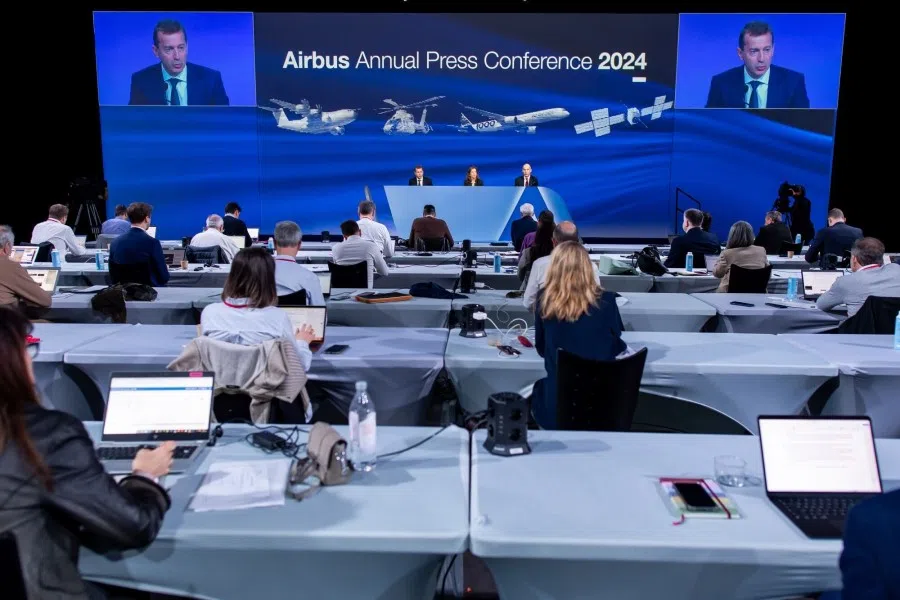
"In each of our jobs, there are things that we're doing today that we did not do ten years ago. And if you look at every job, in large measure that is happening, the nature of the job changes. The pertinent question is: how my job is going to change in the next five years? How is it going to change in the next ten years?"
"... the people's ability to work as part of networked teams that are digitally connected is very, very important." - Menon
At the same time, people also need to realise that as work becomes more complicated, the boundaries between individuals blur and overlap as more work needs to be carried out in teams, networks, and ecosystems instead of individually.
For example, in the past, a reporter would write or type out a news article before submitting it for editing, then retyping the corrected hard copy. Subsequently, editable electronic documents were used for typing and emailing, doing away with the need for hard copies for editing. Today, shared electronic documents allow many users to access the same file for data analysis, discussion, and commenting concurrently, making collaboration more efficient and facilitating the synthesis of new information.
Menon added, "So shared networks, shared workplaces, and shared work processes become very important. And I think again, that's something that companies and businesses of all types and organisations need to invest in, and the people's ability to work as part of networked teams that are digitally connected is very, very important."
Finding a model of cooperation amid fragmentation
However, amid the climate of the fierce Mama Bear called protectionism, collaboration is no mean feat.
Menon conceded that there are more limitations to collaboration in today's world as various economic fragmentations, such as trade, investment, technology, and finance, are in place. "You do need to be careful when you collaborate, that you are resilient to any sudden changes."
For instance, if one used to only collaborate with two others, now one would have to collaborate with five others to reduce risk concentration. "So, in a funny sort of way, to build resilience, you need more diverse partners. It means more collaboration but in a very different sense."
Menon said: "I wouldn't say it is the end of globalisation but I would say it's a different kind of globalisation, with some degree of fragmentation in trade, in investment in technology, and possibly in finance. When you take all that together, you're looking at a very different kind of world in the next ten years."
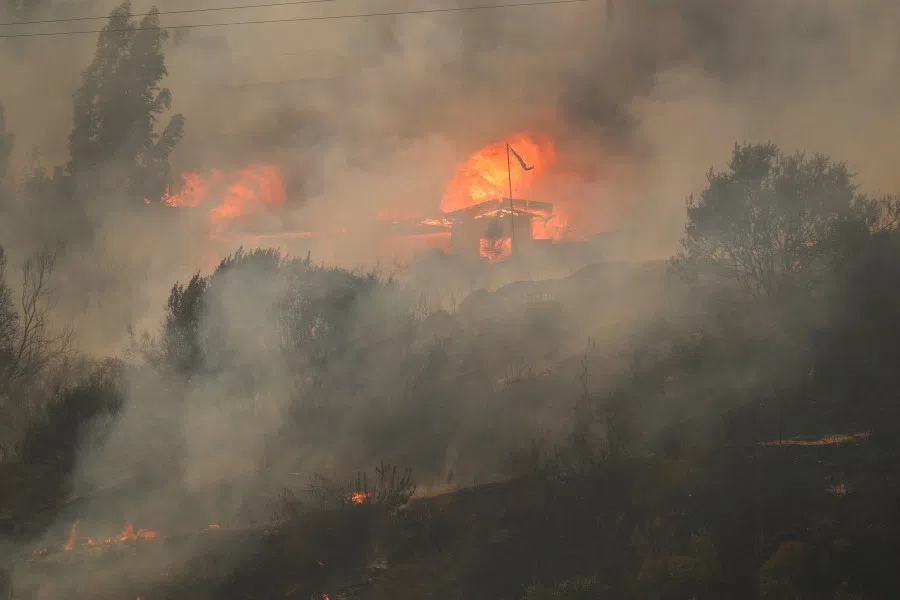
However, on key issues like climate change and sustainable development, Menon hopes that all parties can work together to prevent the tragedy of the commons, in which a grass field is stripped bare after many farmers with cows all want their animals to eat the grass there.
To Menon, "it is a problem" that while the two biggest carbon emitters in the world, China and the US, realise the gravity of climate change, the tensions and lack of trust between them mean that it is difficult for them to cooperate effectively.
"Do we need to wait until a crisis or can we act before a crisis? I think countries like Singapore and others must continue to press for global cooperation in this space, try to bring parties together, and say even if you compete in other areas, even if you don't trust each other in other areas, please cooperate in fighting climate change."
The Baby Bear of financial instability is also a potential risk that many are worried about.
During the Industrial Revolution, horse carriages were replaced by cars, and a similar change is occurring today as human society transits from an economy that relies on high carbon emissions to a green one. "When you go from the old economic structure to a new one, the transition is very, very painful. So, I think we are at the cusp of something similar."
... the new economy also provides opportunities, such as in the form of tokenisation, for lower-income groups and small and medium enterprises. - Menon
Transition is excruciating but no cause for over pessimism
Menon feels that a big challenge is how the world manages this transition, especially when it comes to looking out for the vulnerable groups.
"I don't think it will be smooth. But how do you deal with the disruptions? How do you minimise the disruptions, how do you give enough time for the adjustment, and how do you help those who are impacted by the disruption adjust to the new economy?
On the upside, Menon feels that the new economy also provides opportunities, such as in the form of tokenisation, for lower-income groups and small and medium enterprises.
He draws the analogy of a dairy farmer who wishes to apply for a bank loan. Theoretically, the farmer can tokenise his cows and trade them on blockchains to generate more economic value. In turn, this can provide lower-income groups with opportunities to cash in on their non-financial assets, reducing their need for loans.
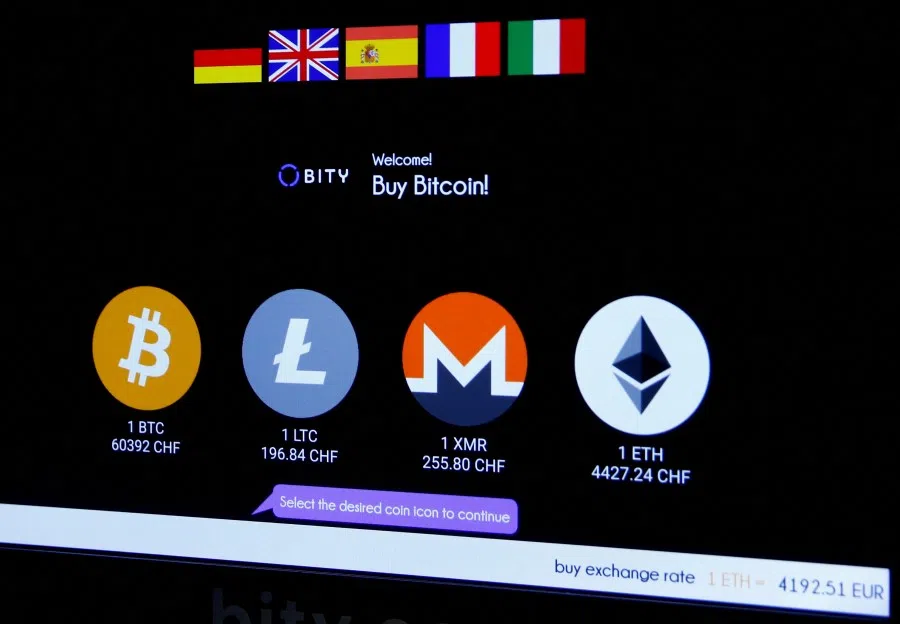
"Generally, such technologies can create a lot more opportunities for low-income people and small and medium enterprises provided they can invest in, understand, and use them."
As for whether the new economy can narrow the wealth gap and revamp how wealth is distributed in our societies, Menon feels there are numerous other factors at play, such as advantages that are passed down to future generations. He feels that these may exacerbate inequality more than at any point in history.
"Change is discomforting. And disruptive. But like all change, there is benefit and there is opportunity and there is also threat and vulnerability." - Menon
When it comes to Singapore's economy, Menon feels that Singapore needs to understand such changes at a very deep level instead of employing just a simple binary assessment where one assumes things would turn bad in the future just because they have been good in the past. "That is not a very helpful approach," he said.
"I hope I have not been too pessimistic. I said there will be a lot more change. There was more change in the last ten years compared to the previous ten years. And I think in the next ten years, you're going to see even more change than the last. Change is discomforting. And disruptive. But like all change, there is benefit and there is opportunity and there is also threat and vulnerability."
Ravi Menon's book recommendations:
Permacrisis: A Plan to Fix a Fractured World by Gordon Brown, Mohamed El-Erian and Michael Spence
What We Owe the Future by William MacAskill
Homo Deus: A Brief History of Tomorrow by Yuval Noah Harari
The Ministry for the Future by Kim Stanley Robinson
Outlive: The Science and Art of Longevity by Peter Attia
This article was first published in Lianhe Zaobao as "孟文能谈经济:时代转折伊始 挑战机遇并存".

![[Big read] Paying for pleasure: Chinese women indulge in handsome male hosts](https://cassette.sphdigital.com.sg/image/thinkchina/c2cf352c4d2ed7e9531e3525a2bd965a52dc4e85ccc026bc16515baab02389ab)



